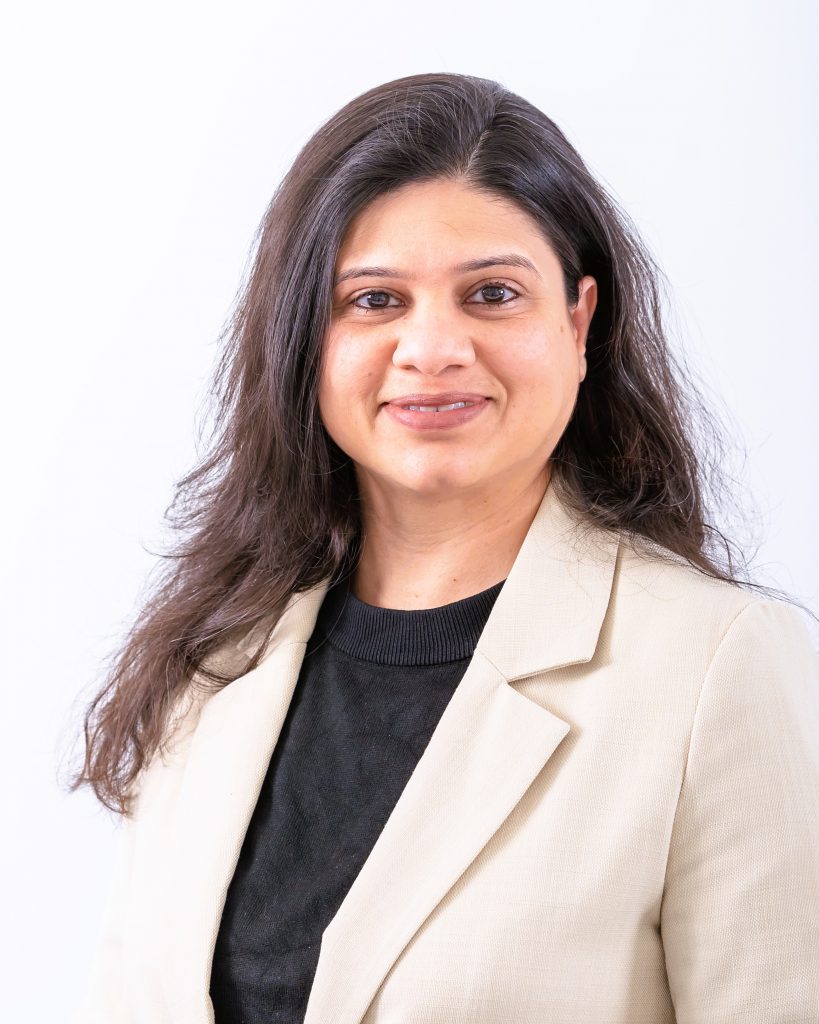Salford Business School’s Dr Divya Patel was recently invited to present at the 5th Online Global Festival of Active Learning 2025. Her presentation explored the intersection of art and education in the context of fair and ethical work practices.

Divya’s session, titled “Sketching Change: Using Art to Explore Fair and Ethical Work Practices” aimed to provide an immersive and interactive experience, enabling participants to explore serious issues related to workplace rights while engaging in a creative, hands-on drawing activity.
Making education more accessible
The session was designed with two key purposes in mind: first, to use visual participatory methods to explore ethical workplace practices, encouraging participants to reflect deeply on workplace challenges and rights. Second, to demonstrate how drawing can be used as an educational method to make complex human rights topics more accessible in classrooms.
Using Amartya Sen’s Capability Approach as a foundation, the session began with a brief overview of workplace rights, followed by a drawing activity. The focus throughout the activity was not on artistic skill, but on the meaning, experiences and emotions that each drawing brought to the surface.
Ultimately, the session highlighted a powerful message: when we invite creativity into learning spaces, we open up new pathways for understanding, connection and change. Whether addressing workplace ethics, scientific inquiry or broader societal challenges, active and visual learning methods help make education not just informative, but transformative.
On the experience, Divya, commented: “What stood out to me from the wider festival was the strong, consistent message: active learning is about creating an environment where students can engage deeply with the material. Whether through drawing, discussion or technology, the key is to break down traditional teaching silos and embrace reflective methods that invite participation, creativity and critical thinking. I am excited to continue using the approaches learnt from the festival in both my teaching and research practice.”